Focus
Your Present Location: HOME> Focus-

Wang Yiwei: China-EU cooperation benefits both, needs mutual efforts
While certain politicians from the EU are grumbling about potential influence from the freshly signed Regional Comprehensive Economic Partnership (RCEP), multinationals have shown a clear path they picked to pursue a rosy future by betting on the Chinese market.
2020-11-20 -
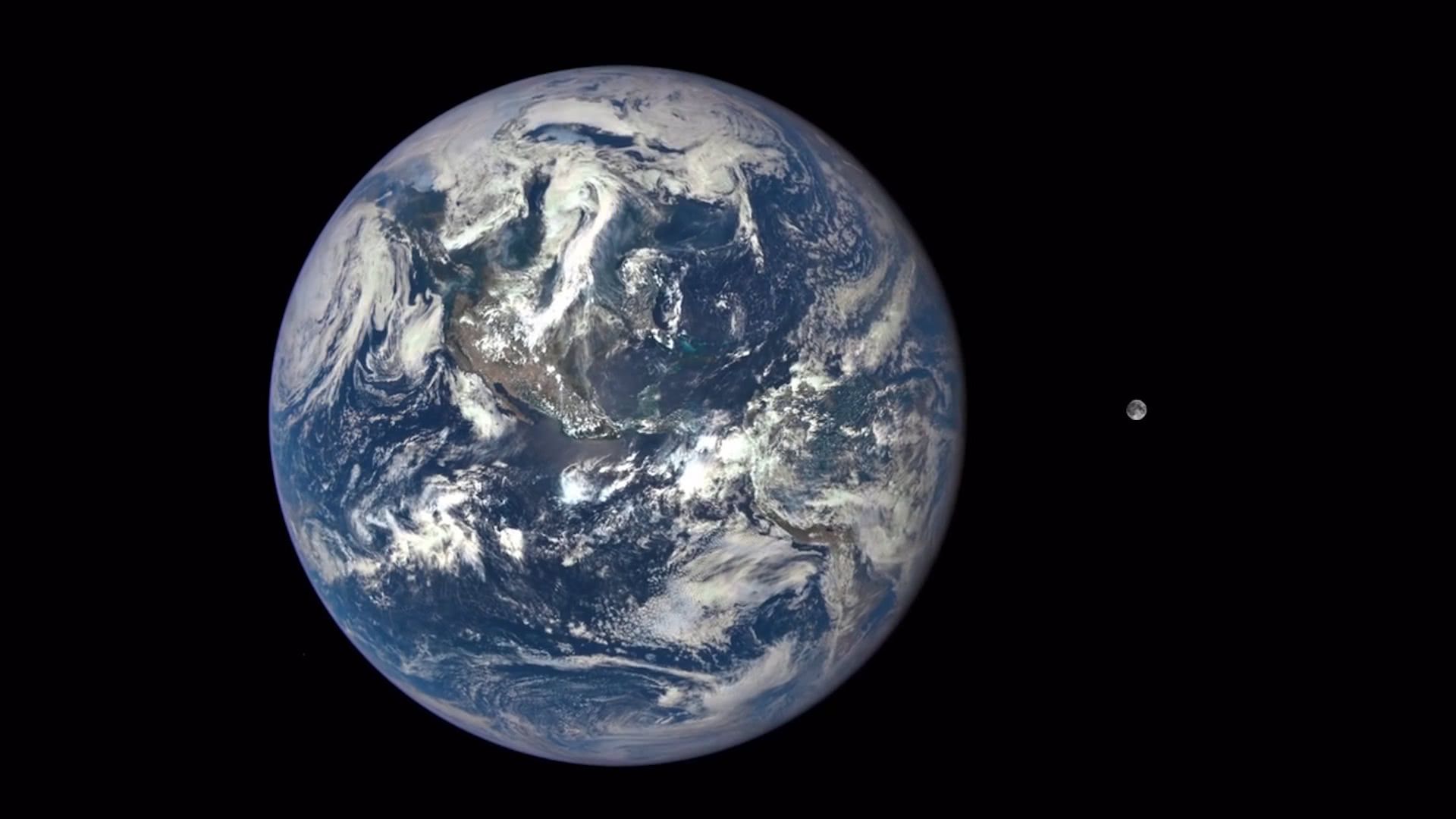
The global order, national power and the technological revolution have all undergone major changes unprecedented in more than a century
In the final days of 2017, as China’s leaders gazed out at the changing landscape of a Trump administration and a European Union being pulled apart by Brexit, President Xi Jinping stood before a gathering of the country’s foreign diplomats in Beijing’s Great Hall of the People and urged them to adjust their thinking.
2020-11-20 -
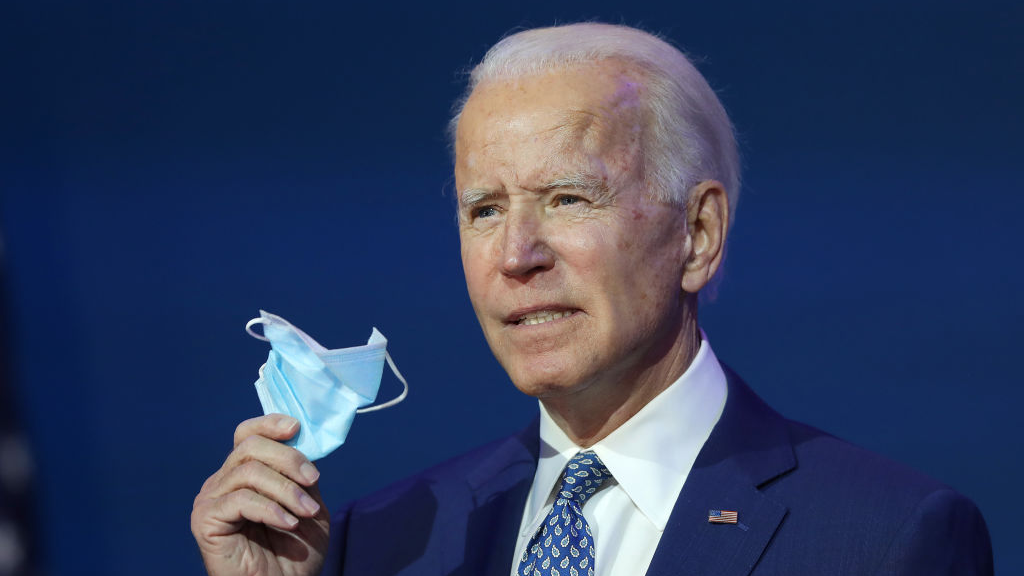
William Jones: In the U.S., can a house divided overcome the pandemic?
As the dust starts to settle over the 2020 presidential election, the United States remains a much divided country on some very fundamental issues. While the Trump campaign is still in the process of investigating election fraud in a number of states won by Joe Biden, putting him over the top in the race, it is unlikely, even if such fraud is discovered in some instances, that it will seriously affect the results.
2020-11-20 -
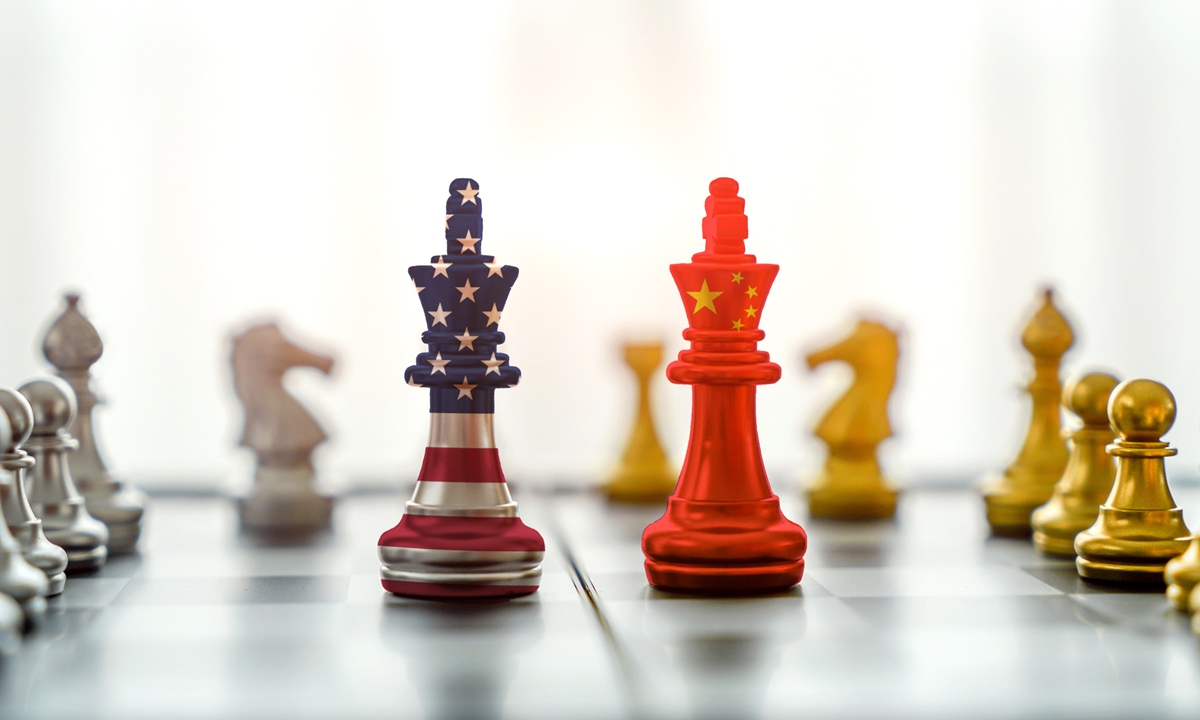
US-China: Confrontation or Cooperation?
After the U.S. election, as before it, China policy still forms a central strand of Washington’s foreign policy — and also, of political and economic affairs within the United States itself. Will the political line-up that we see in Washington next January be one that favors greater confrontation with China, or one that seeks to dial back the tensions that have arisen between the two countries in the past few years?
2020-11-19 -
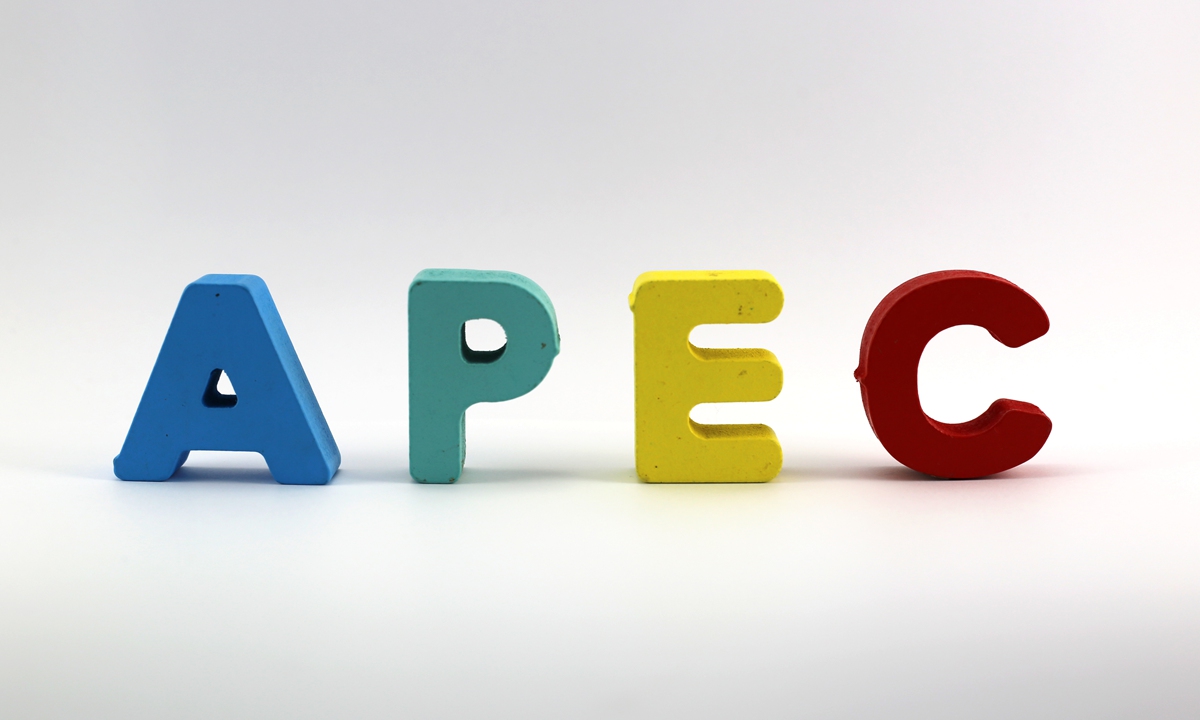
As APEC prepares to unveil new vision, what do the experts think?
The Asia-Pacific Economic Cooperation (APEC) Economic Leaders' Meeting will be held virtually for the first time on November 20, with the digital economy and technology, trade and investment as well as driving innovative sustainability listed as three priority areas by host Malaysia.
2020-11-19 -
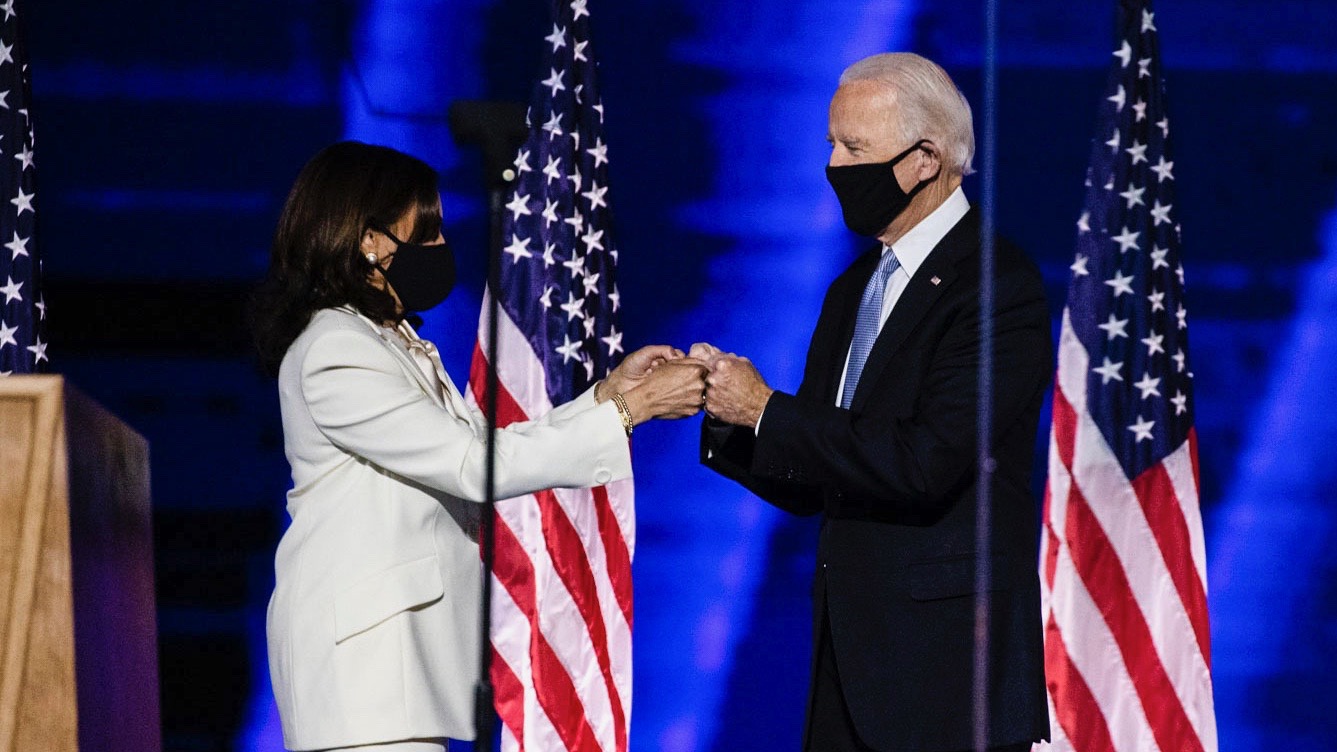
Vijay Prashad :Why Biden will keep the US-imposed Cold War rolling
Much will certainly change in the world of US foreign policy when Joe Biden enters the White House. There will be a more measured tone, and less reliance upon Twitter to announce US policy. Trump is brusque, as illustrated by the way he shoved aside Montenegro’s Prime Minister Dusko Markovic at the 2017 NATO meeting; Biden might not push and shove his way to the front of the group, but his silvery smile will camouflage as ruthless a set of aims. On foreign policy, Biden will appear to be different from Trump, but the broad outlines of their policy will be identical.
2020-11-19 -
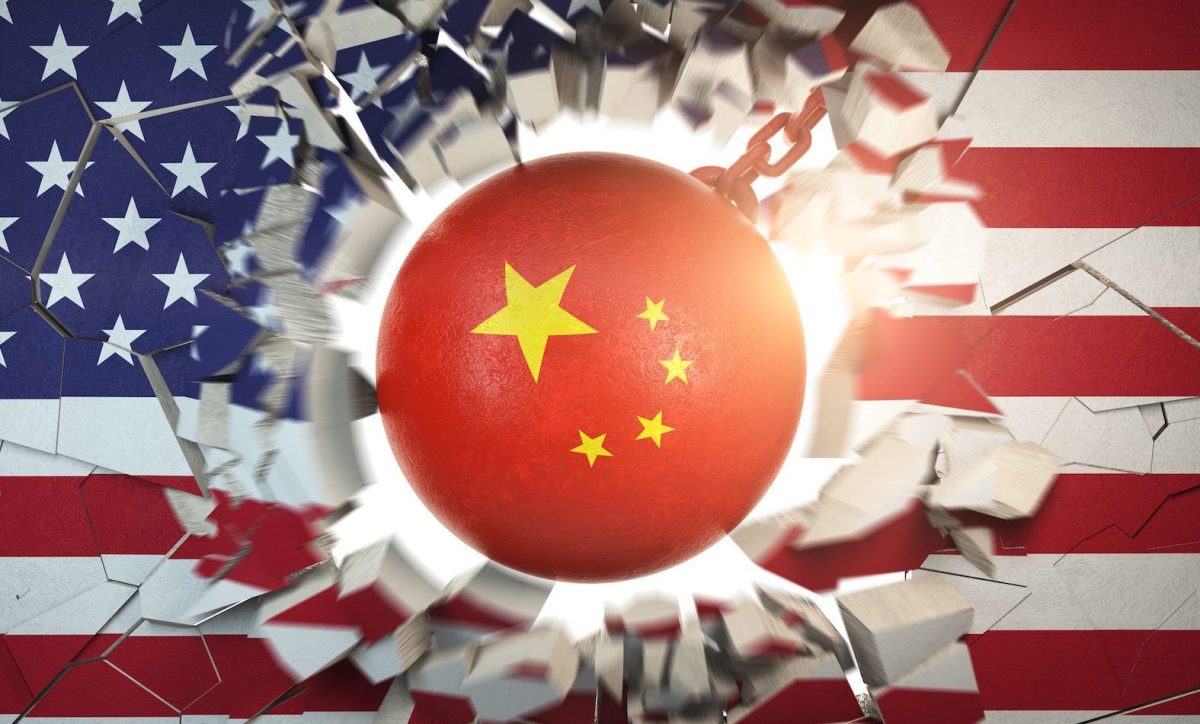
Junyang Hu and Dingding Chen: How Should President-Elect Joe Biden Address the US-China Competition?
This year’s U.S. presidential election were especially dramatic. By election day on November 3, the early votes cast nationwide had reached a record-setting 99 million, around 78 percent of the total turnout from the 2016 election. Buoyed by voters’ enthusiasm amid the pandemic, Democratic nominee Joe Biden won the presidency after a vote count filled with twists and turns. Biden emerged with a substantial lead in both popular and electoral votes over President Donald Trump.
2020-11-18 -
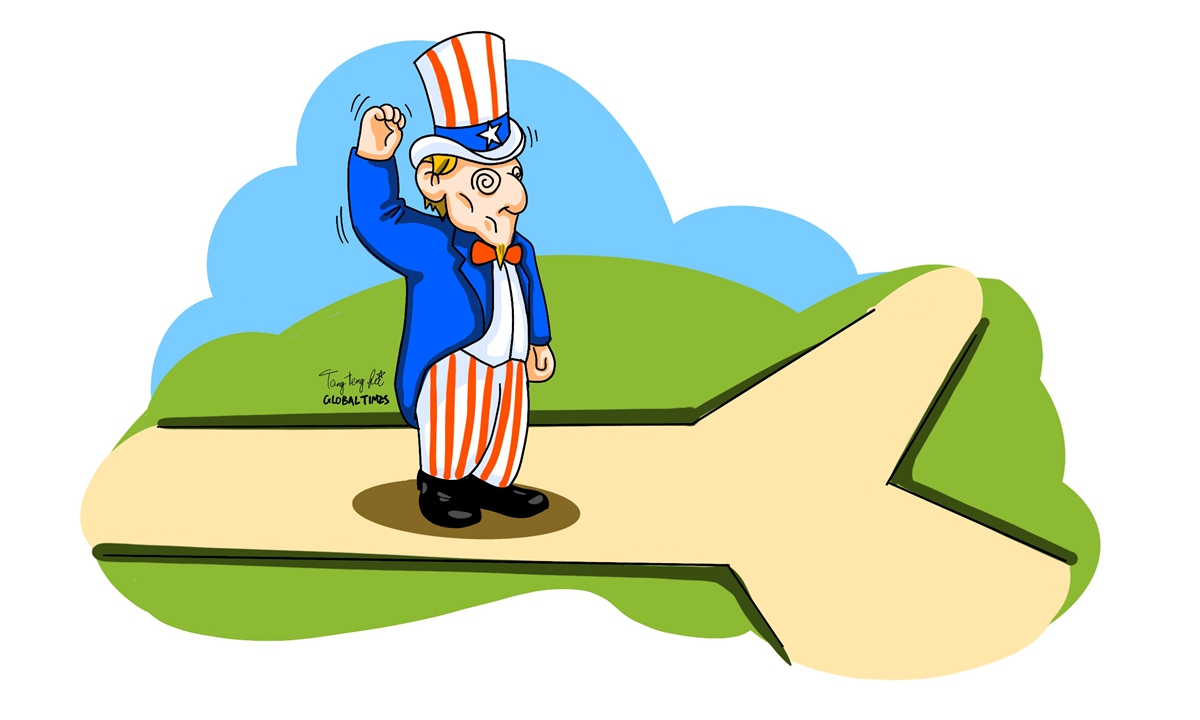
Where is the US-China economic decoupling heading?
After Joe Biden won the US election, some Chinese experts said there might be a slight release of tension in China-US relations. In the 2020 US-China Dialogue Session 2 jointly organized by the Chongyang Institute for Financial Studies at Renmin University of China (RDCY), experts shared their view on the decoupling that has been seen in recent years between China and the US, and what both sides can do to prevent the situation from deteriorating.
2020-11-18 -
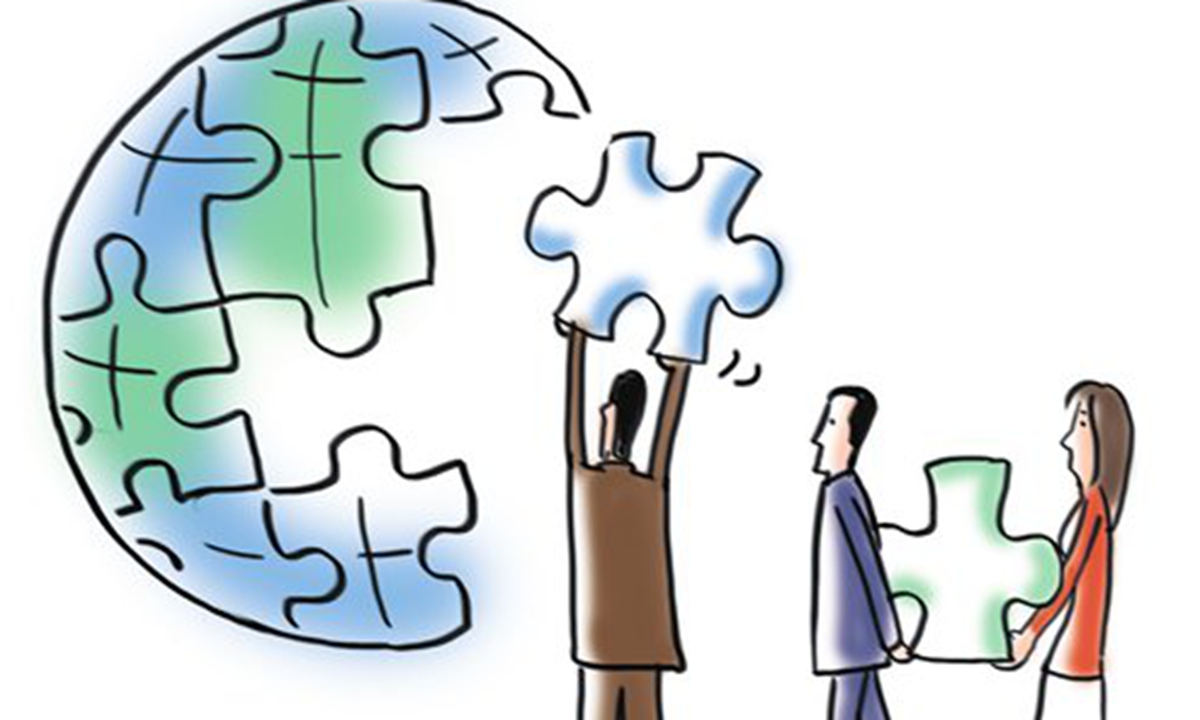
Wang Wen: Before next US govt resumes world leadership, humanity must restore global governance
Joe Biden published an article "Why America Must Lead Again" in a Foreign Affairs magazine earlier this year. In fact, what matters to the world is not who leads it, but whether or not the global governance, which is now in a state of shock, can be appropriately restored.
2020-11-17 -
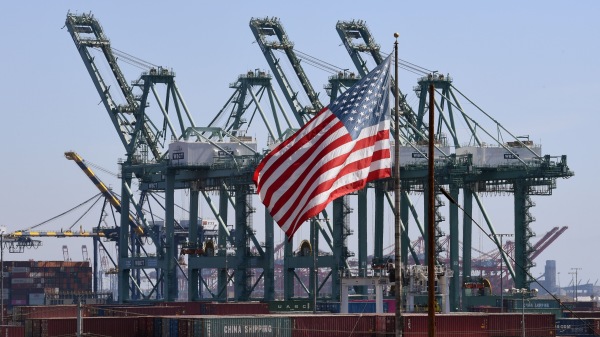
He Weiwen: US will fail in decoupling bid
The Donald Trump administration seems obsessed with decoupling the United States from China. The tariffs it imposed on Chinese goods in 2018 and 2019 were initial attempts to that effect, which intensified both in rhetoric and action amid COVID-19.
2020-11-16 -
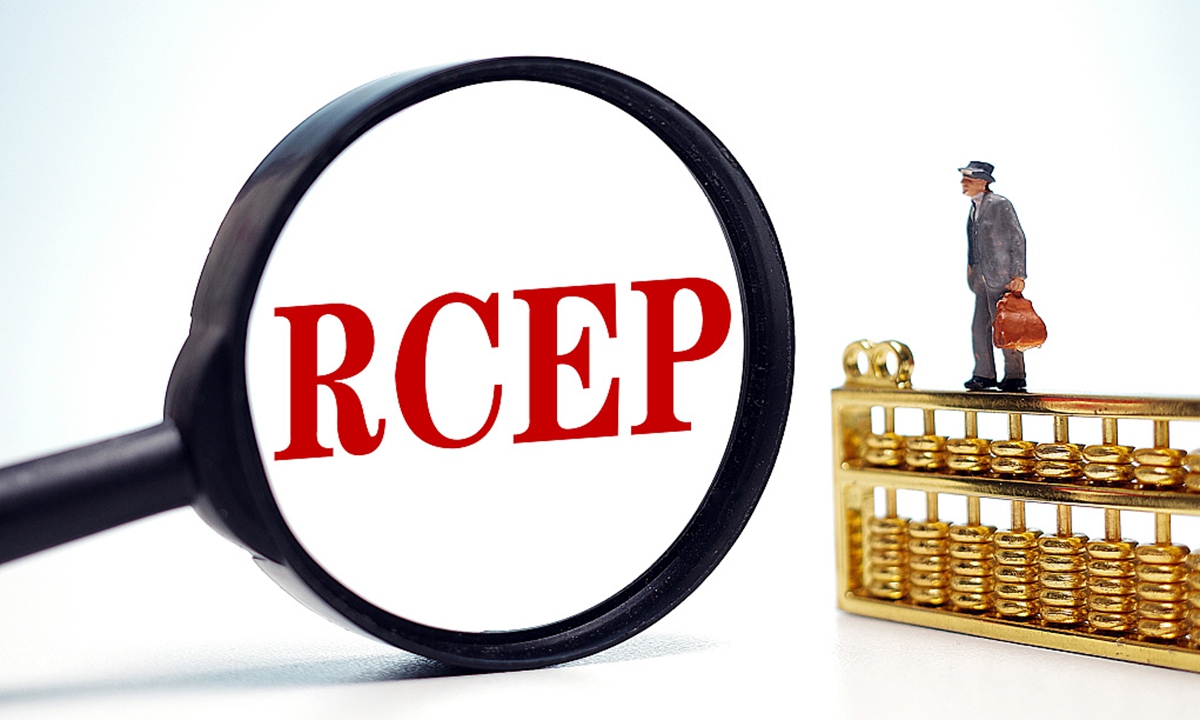
Liu Zongyi: Not joining RCEP a strategic blunder that will lead to India’s isolation in globalization
The Regional Comprehensive Economic Partnership (RCEP), which includes 10 ASEAN members as well as China, Japan, South Korea, Australia and New Zealand, is set to be signed at the ASEAN Summit on Sunday. As the COVID-19 pandemic continues to rage on worldwide and many economies are taking a serious hit, the signing of the agreement will greatly promote regional economic integration, stabilize the supply and industrial chains, and increase countries' confidence in economic growth recovery.
2020-11-16 -
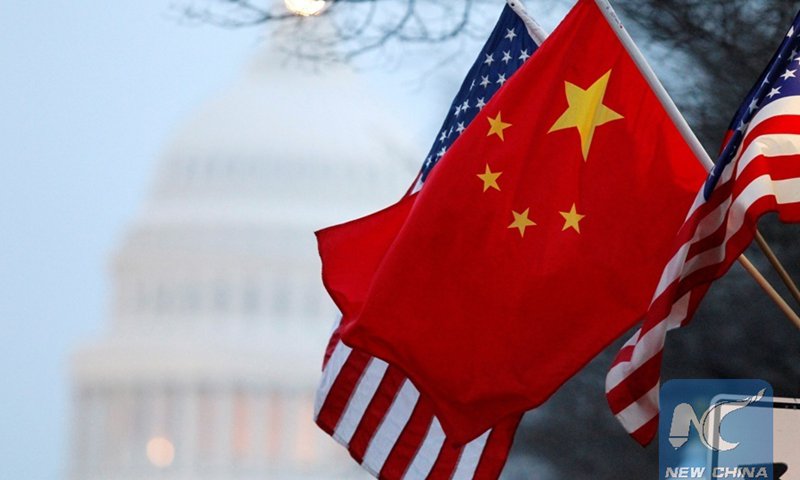
Rational voices in China-US ties emerge, paving way for Biden’s pragmatic policies
Wang Wen, professor and executive dean of the Chongyang Institute for Financial Studies at the Renmin University of China, said though there are no palpable signs indicating an improvement in China-US ties, there are some expectations of that. The think tank has had "quite some" communication with some China policy advisers in the Biden transition team.
2020-11-16 -
Vijay Prashad: China will be key driver of the global economy from pandemic-induced contractions
2020-11-13 -
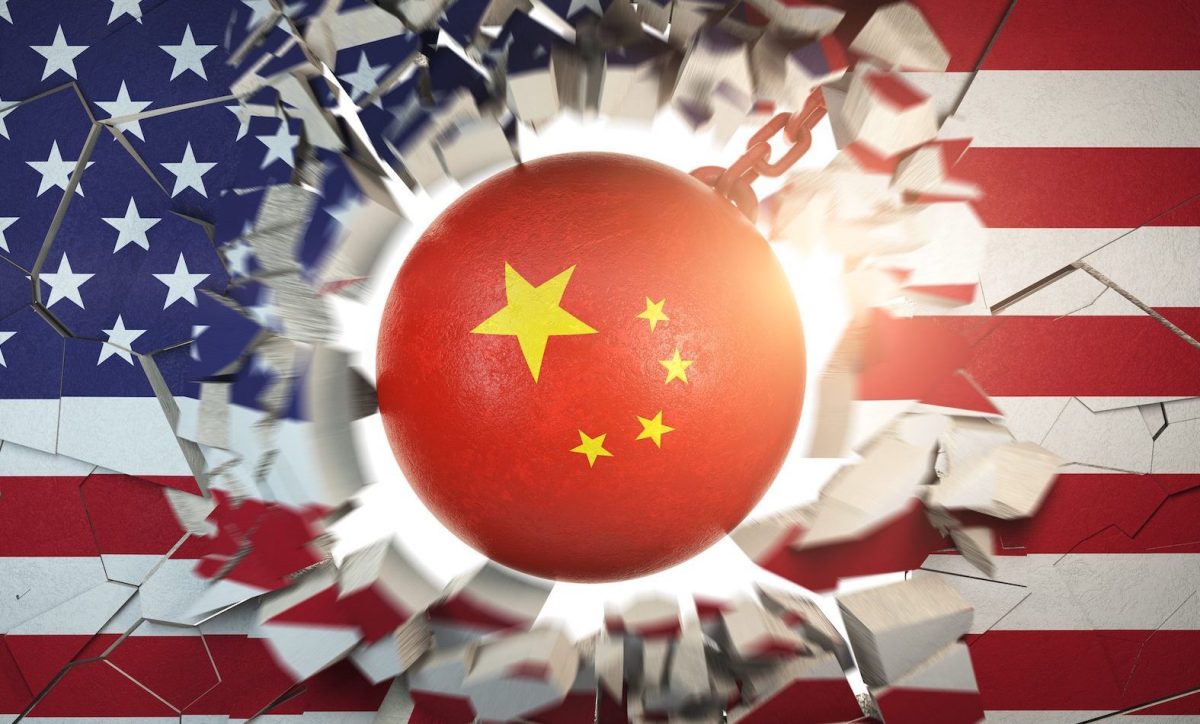
China expects Biden to make a move in the world's most important relationship
2020-11-12 -
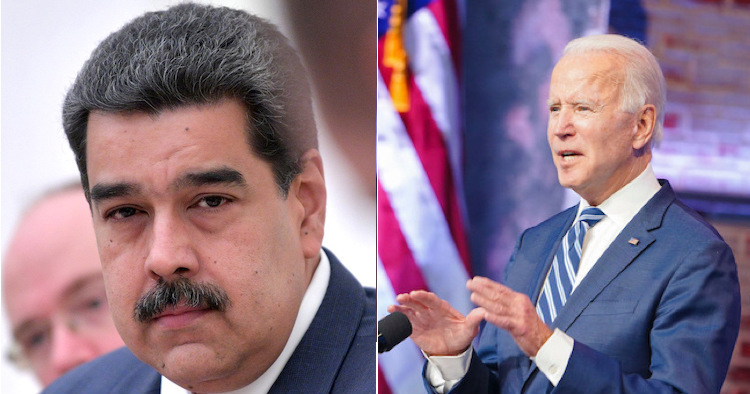
Vijay Prashad: US President-Elect Should Talk to Venezuela's Nicolás Maduro
In June, Joe Biden, who will be the U.S. president in January 2021, sent out a tweet that described Venezuela’s President Nicolás Maduro—and others—as “thugs and dictators.” Maduro won two elections to hold his post—in 2013 and 2018. In 2018, Maduro won 67.8 percent of the vote, losing a third of the votes to Henri Falcón and Javier Bertucci, two figures of the opposition.
2020-11-12 -
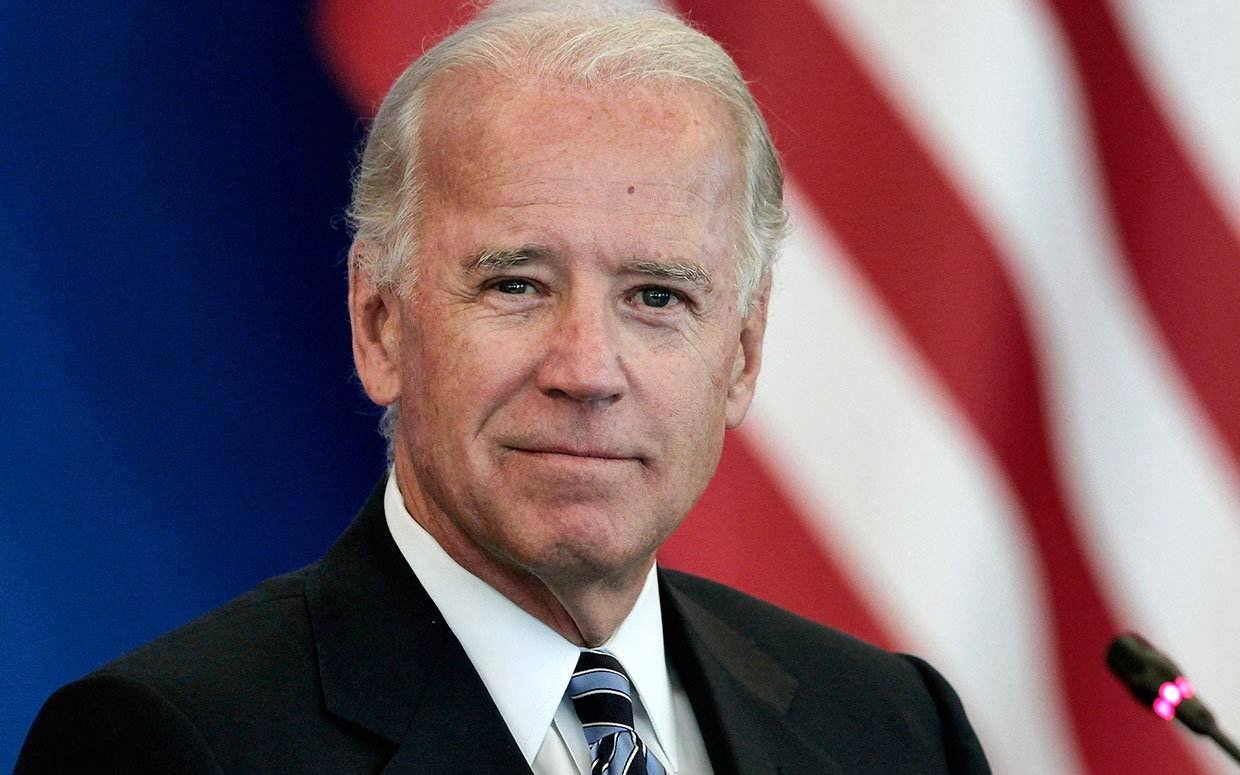
Liu Ying: With Biden coming to power, the ten major policy cooperation between China and the United States has strengthened, and ten major challenges are imminent
Editor’s note: and Tron Compared with general, what new opportunities and challenges will Biden bring to China? How should China adjust its US strategy? What should I pay attention to when dealing with other international affairs? With these questions in mind, Liu Ying, director of the Cooperative Research Department and Researcher of the Chongyang Institute of Finance of Renmin University of China, accepted an interview with Fengxiang.com. This article is transferred from Phoenix.com on November 9.
2020-11-12 -

Vijay Prashad and John Ross:China is working to expand its ties to Latin America
In mid-January 2020, 800 people gathered at Mexico’s Ministry of Economy to celebrate “China Day” with a seminar on Chinese-Mexican relations. Mexico’s Minister of Economy Graciela Márquez Colín, who has a PhD in economic history from Harvard University, said, “China and Mexico have to walk together, to build a stronger and more solid relationship.” In July 2020, the United States-Mexico-Canada Agreement went into force. At the January event, Márquez Colín said that despite this agreement, Mexico must “redouble its efforts” to draw investment from other places, such as China.
2020-11-11 -
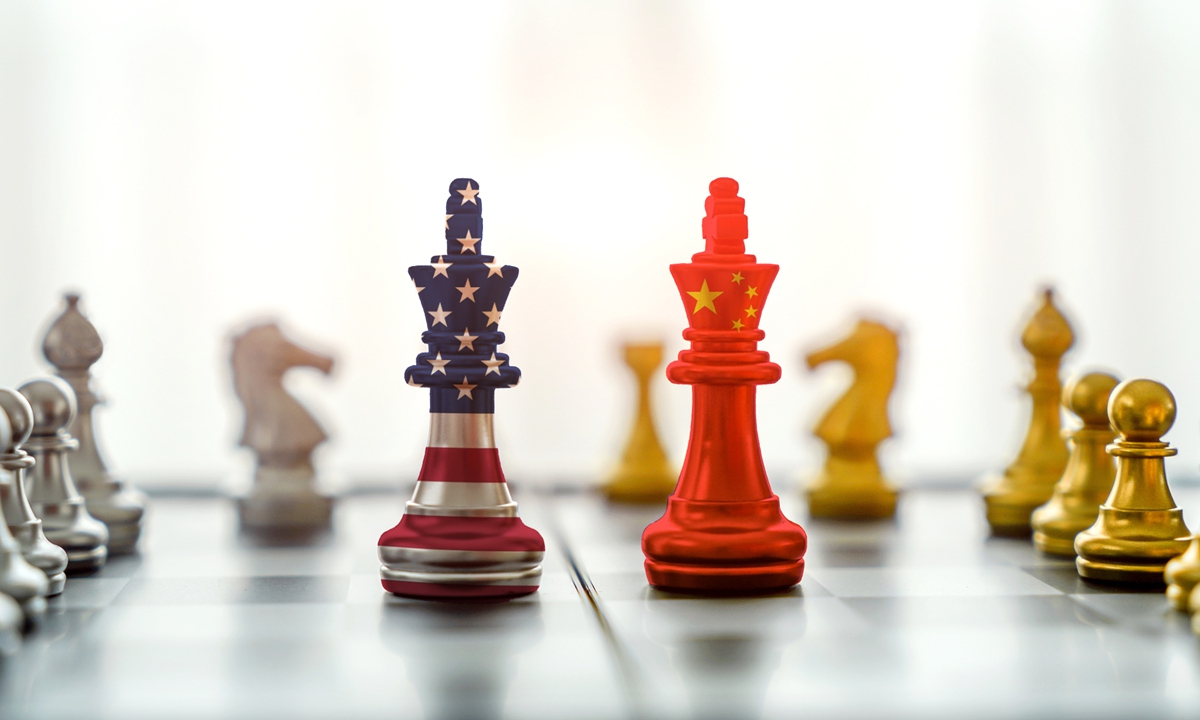
Will new cold war come under Biden?
After a tension-filled and tumultuous 2020 US presidential election, Americans have chosen Joe Biden to become the 46th president of the US. Where is the China-US relationship headed in the years to come? What will be the possibility of an outbreak of a new cold war between Beijing and Washington during Biden's presidency? Chongyang Institute for Financial Studies at Renmin University of China (RDCY) jointly held a Webinar with the No Cold War campaign and Tricontinental Institute for Social Research themed "the Future of China-US relations" and discussed these issues on Saturday.
2020-11-11 -
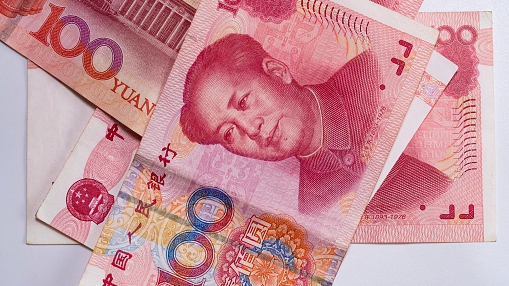
He Weiwen:CIIE, a strong engine for Renminbi internationalization
The ongoing 3rd China International Import Exposition (CIIE) in Shanghai has witnessed good interests and an actual rise in the Renminbi settlement for foreign goods and services deals at the mega event.
2020-11-10 -
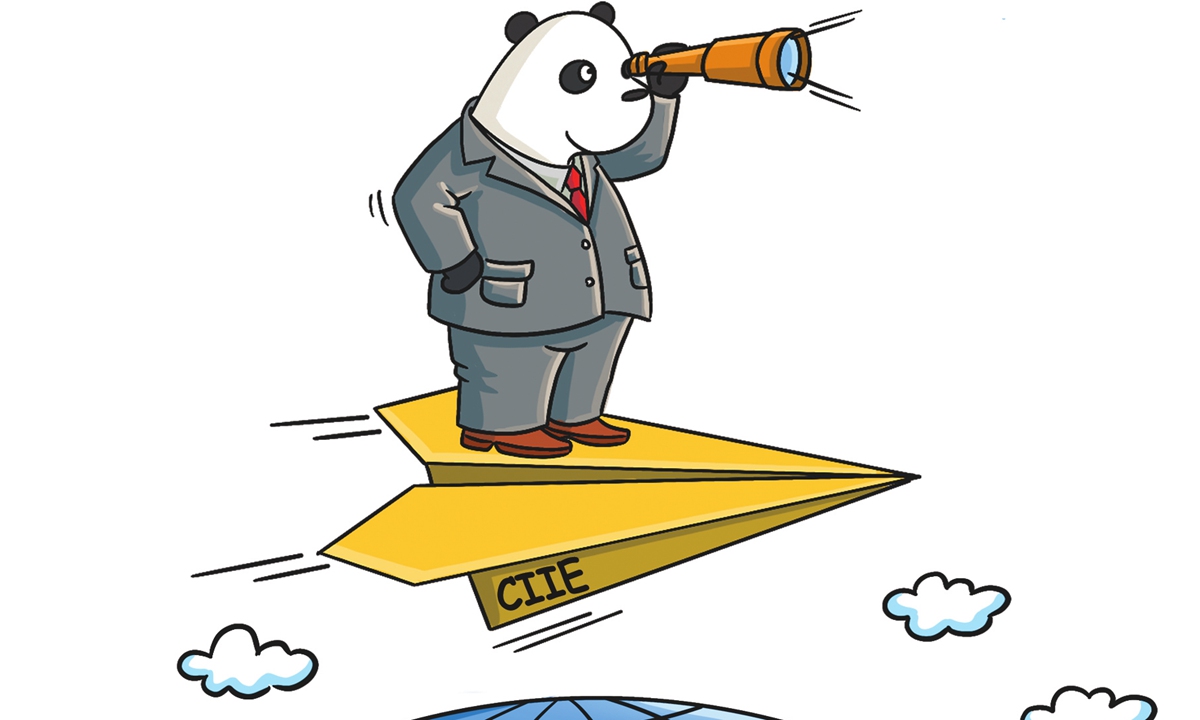
William Jones:Shanghai expo provides pathway for world to defeat COVID-19 pandemic
The opening of the third China International Import Expo on Thursday heralded what may well be the "light at the end of the tunnel" for a world which is still largely shut down by the coronavirus. As one of the first countries to get control over the spread of the virus, China was the first to seriously restart its economy. Having served over the last few decades as the real engine of world economic growth, it is now declaring to the world that it is definitely open for business.
2020-11-10
























































































 京公网安备 11010802037854号
京公网安备 11010802037854号





